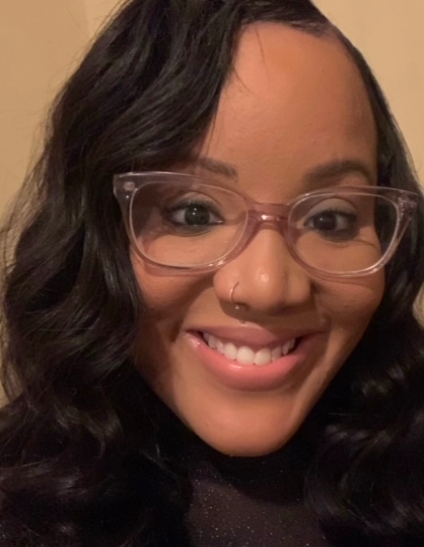Ma’Khia Bryant’s death should have brought more attention to America’s child protective systems and its failure to protect a child in their care. The child welfare system has historically over-policed Black and brown families, and provided subpar care for Black and brown children. Focused more on separation than family preservation, America’s “child protective system” has been rooted in injustice and racist ideology that punishes the poor and families of color.

Too often the child welfare system is overlooked and not held accountable for its over-surveillance and policing of Black and brown families, including specifically targeting Black mothers, and for its lack of protection for children in their care, like Ma’Khia Bryant. Abolitionist scholars like Dorothy Roberts and organizations like the Movement for Family Power outline the power and destruction of the child welfare system, arguing that it wields such power to forcibly remove children from their homes, and their parents, without any real substantiation of abuse. It has the power and authority to legally sever family bonds and ties through parental termination, and put their children up for adoption, and too many times places children in harmful, abusive, unsafe homes once they are within the system.
Black families, and their children and kin, have always faced violence, surveillance and policing in America. As a Black and Native American woman who spent eight years in foster care, my family and I understand this well. The U.S. structurally and historically disenfranchised our Black and Native families, ripping them apart, and devaluing them throughout American history – our history. Many Black and brown families have experienced this system of “protection” that too often has excluded and targeted Black and brown families, offering a lack of protection, and many times, inflicting more violence and harm than “protective” services.
Since the discovery of America, Black, brown, Native American and Indigenous families have mourned the loss of siblings, parents and kin at the hands of white Americans. And again during slavery, and again through America’s racist and violent systems and institutions of oppression, like the criminal justice system, law enforcement and child welfare systems, and not enough has changed today. Now, once again, the foster care community mourns the loss of our Black sister Ma’Khia Bryant.
Black mothers, like Ma’Khia’s mother, Paula Bryant have long since mourned the separation and death of their children by white society and child protective services. I recall my own mother’s account of how it felt when she found out my sister and I had entered the system. She said:
“Mentally it was so devastating, after they said you and your sister couldn’t come home with me, I didn’t know what I wouldn’t be capable of doing. I knew if I never got you all back, I would have acted out so much they would have had to incarcerate me. I still have nightmares about it … I thought I would physically break, because I physically would get sick often because I felt like you all were completely lost. But I knew I would have kept fighting to get you all by any means and I got you all back, but it was eight years later.”
My mother’s and Ms. Paula Bryant’s stories are not new. The child welfare system has devastated many families, and specifically targets Black and Native American mothers.
About a quarter of the children in U.S. foster care have been removed from Black mothers. Data from 2000 to 2011 shows that 1 in 17 white children, 1 in 9 Black children and 1 in 7 American Indian children had been removed from their parents’ care; and other data suggests that African American children are less likely to be reunified with their families than white youth.
Deeming the system more fit than families of color to care for their children, the child welfare system continues to face little scrutiny. Children of color continue to be disproportionately left in the child welfare system longer than white children, left without familial bonds and connections, with many older youth experiencing negative outcomes from “aging out.”
It is a system that has devalued Black mothers and Black motherhood, sees Black mothers as unfit, deeming itself more capable of caring for Black children, including Black girls like Ma’Khia, who have long since been adultified, vilified, unprotected and forgotten by the system. We must begin to hold this system accountable for its history, and present-day inability and failure to protect all the children in their care.
We must remember the history of child welfare in America, and work to create a new system that values all families and protects children and youth like Ma’Khia Bryant and the countless other children lost while in the states care. To our dear Black sister, we will miss you and continue to fight to ensure we never have to mourn another child placed in the state’s “protective” care.





